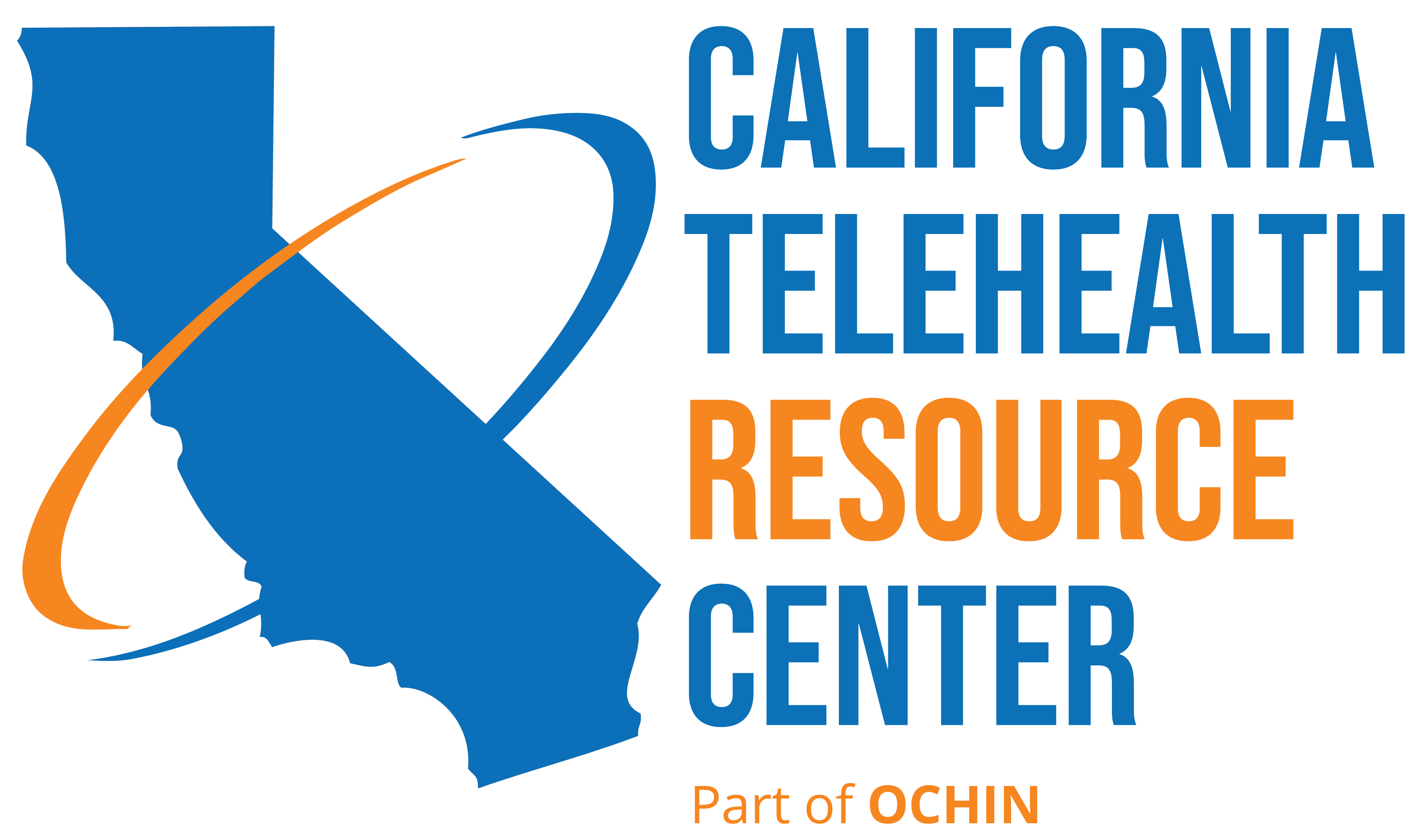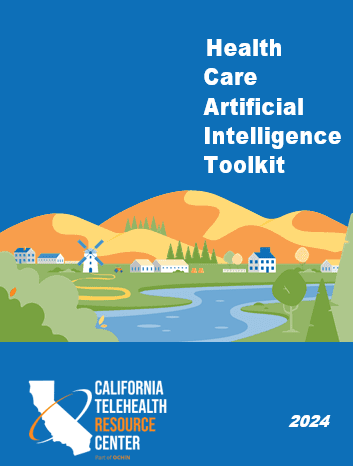The rapid increase in advanced artificial intelligence (AI) systems and applications in healthcare has occurred seemingly overnight. Clinicians, operational staff, and provider leadership may not be aware that they are utilizing an AI system, may not know what questions to ask, nor know what policies, procedures, processes, and professional training should be in place to ensure that such systems drive improved health outcomes and equity, reduce the burden on their teams, and increase overall sustainability.
This is an introductory guide to support these efforts.
AI systems can be applied to clinical care, operations, and research and may involve different AI systems and methods. As a result, the risk profile of the system may be varied. The governance should be built to account for use across the varied operations of a health care provider and the questions asked of vendors/developers will also vary as a result.
Discover
The Role of AI in Digital Health
The CTRC is proud to present our limited learning series: “The Role of AI in Digital Health”
Join us on our journey to explore health care AI and its role in digital health. Make sure to subscribe to our newsletter to ensure you don’t miss these no-cost, unbiased health care AI webinars.
Discover Resources for
Health Care AI
Explore our AI Resources section, featuring a curated collection of articles, research papers, and more from leading experts and trusted institutions in the field of artificial intelligence. This section is dedicated to providing up-to-date, accurate information and insights for enthusiasts and professionals alike.
AI taxonomy for medical services
& procedures
from the AMA
This taxonomy provides guidance for classifying various artificial intelligence/augmented intelligence (AI) applications (e.g., expert systems, machine learning, algorithm-based services) for medical services and procedures into one of three categories: assistive, augmentative or autonomous.
AI publications
from the JAMA Network
A collection of articles and resources on clinical applications of large language models (LLMs) and other AI technologies.
AI publications
from the Journal of AHIMA
A collection of articles and resources on clinical applications of large language models (LLMs) and other AI technologies.
Editorial: Surfacing best practices for AI software development and integration in healthcare
from Frontiers
In this editorial, we present a synthesis of the nine featured manuscripts and highlight strategies used across settings as well as future opportunities for development and partnership.
Considerations for addressing bias in artificial intelligence for health equity
from NPJ of Digital Medicine
The goal of these “Considerations” is to educate stakeholders on how potential AI/ML bias may impact healthcare outcomes and how to identify and mitigate inequities; to initiate a discussion between stakeholders on these issues, in order to ensure health equity along the expanded AI/ML TPLC framework, and ultimately, better health outcomes for all.
Federal Government AI Use Cases
from AI.gov
This webpage explores the ways in which the federal government is utilizing AI to better serve the public.
Federal Government AI Initiatives
from AI.gov
This webpage catalogs all federal government AI initiatives and updates.
Augmented intelligence in health care: payment and regulation
from the AMA
This report summarizes the need for additional AMA policy that is relevant to payment and use of health care AI; provides definitions of related terms; and addresses key issues that impact physician adoption of new health care technologies and delivery modalities, including clinical efficacy, usability and workflow integration, and liability.
Augmented intelligence in health care
from the AMA
This report contains baseline policy to guide AMA’s engagement with a broad cross-section of stakeholders and policymakers to ensure that the perspective of physicians in various practice settings informs and influences the dialogue as this technology develops.
Health Care AI Partnership
About the Health Care AI Partnership
The Health AI Partnership is a collaborative effort to empower health care professionals to use AI effectively, safely, and equitably through community-informed up-to-date standards, consisting of health systems, federal agencies, foundations and stakeholders. In collaboration with the Health AI Partnership, CTRC hosted a sub-series within the health care AI webinar series with an eye toward the needs of developers and innovators.
Discover Resources for
AI Basics
Check out these informational videos to learn more about the basics of health care artificial intelligence.


